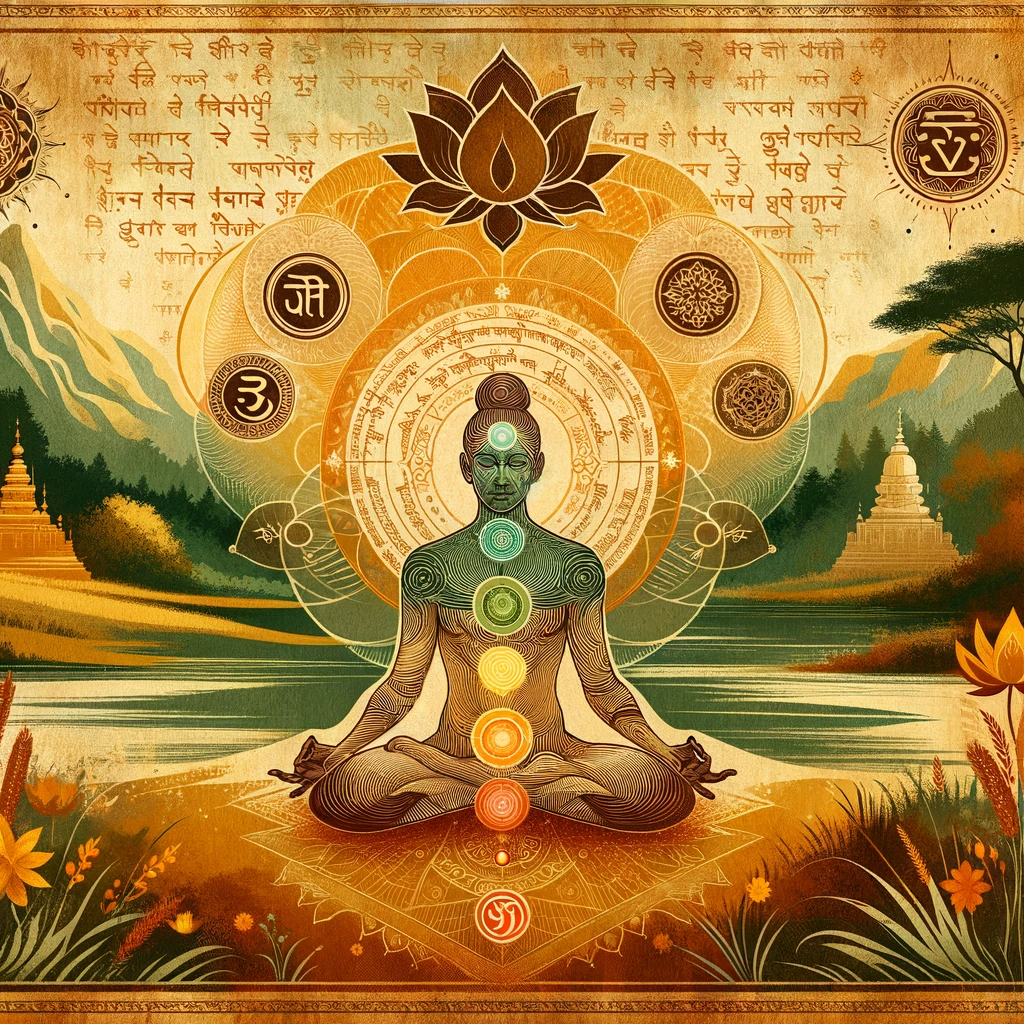Introduction
Welcome to the enchanting world of Vedic Psychology, a vibrant blend of ancient wisdom, spirituality, and practical insight. As we delve into this holistic approach, prepare for an engaging journey that integrates mind, body, and spirit, offering a refreshing 3D view of mental health and well-being.
A Leap into the Vedic Mindset
Vedic Psychology goes beyond traditional psychological discourse. Rooted in ancient Indian scriptures, it provides a holistic view of the human psyche, seamlessly integrating the physical, mental, and spiritual dimensions.
The Contrast with Modern Psychology
Modern psychology focuses on empirical research, while Vedic Psychology values introspection, meditation, and subjective experiences. It’s a broad spectrum that encompasses philosophy, spirituality, and personal transformation.
The Vedic Foundation
Vedic texts are not just religious scriptures but comprehensive knowledge sources covering diverse subjects including psychology. The term “Vedic” honors the influence these texts have had on Indian culture and thought.
A Journey Through the Vedic Psyche
Debunking Bias Against Subjective Sciences
Vedic Psychology embraces subjective sciences, viewing introspection and personal experiences as essential tools for understanding the mind.
Delving into the Upanishads and Vedantic Thought
The Upanishads and Vedantic literature offer deep insights into the nature of reality, consciousness, and the self, presenting a sophisticated analysis of the mind.
Yogasutras: Decoding the Mind
The Yogasutras provide a detailed study of the mind and techniques for achieving mental clarity and inner peace.
Vedic Aesthetics: A Fusion of Art and Psychology
The Nāṭya-śāstra, an ancient treatise on drama and dance, blends aesthetic principles with psychological insights.
Sankhya and Ayurveda: Holistic Approaches to Mind and Body
These philosophies view mental health as intimately connected with physical health, offering holistic approaches to well-being.
Vedic Psychology in Epic Narratives
Lessons from the Mahabharata and Ramayana
These epics are psychological studies of their characters, offering deep insights into human emotions and psyche.
The Pancha Kosha Model: A Holistic View
This model presents a nuanced view of human needs and aspirations, suggesting that well-being involves nourishing every layer of human existence.
Vedic Psychology in the Modern Context
Relevance Today
Vedic Psychology’s holistic approach is relevant in today’s world, encouraging a balance between material and spiritual life.
A Critique of Modern Psychology
Vedic Philosophy suggests that modern psychology sometimes neglects the spiritual and subjective dimensions of human experience.
Balancing Individual and Societal Needs
Vedic concepts emphasize fulfilling individual potential while contributing to social harmony.
Conclusion
Vedic Psychology is not just about understanding the mind; it’s about integrating all aspects of being to achieve harmony and fulfillment. It offers timeless insights for navigating modern life’s complexities, helping us find balance, purpose, and inner peace.

